WWI (1914-1918) led to the death or wounding of 25 million people. It was the first true intercontinental conflict and introduced other firsts to the world of warfare: large-scale mechanical and chemical weapons and the aerial bombing of both soldiers and civilians, among other tragic innovations. Slaughter is a word long associated with the massive death toll among the men stuck in miles of unmoving trenches.
On Christmas Eve in 1914, German soldiers in Ypres, Belgium, began singing Christmas carols and lighting small Christmas trees. As Christmas Day dawned, Germans called out to their British enemies not to shoot them, as they approached their trenches. The British feared a trick, but seeing that the Germans were unarmed, climbed out of their own trenches. The enemy combatants shook hands, exchanged cigarettes, sweets, and other small luxuries, and quickly established an informal truce.
The truce manifested in similar ways up and down a great portion of the trench lines on the Western Front: hesitant men shouted greetings, sang songs, and lobbed gifts at each other, before eventually setting aside their fears and differences to meet face to face. Some places relaxed enough to play an informal game of soccer. The truce primarily engaged British and German troops; it appeared to be widespread, though not total. Both sides took advantage of the peaceful hours to recover and bury the dead that lay in No-Man’s land.
Though participants wrote home about the truce with wonder and delight, officers and even many soldiers on both sides were horrified by the cessation of hostilities. They made sure it didn’t happen again, but it remained a treasured memory for those who enjoyed that strange, brief period of peace.
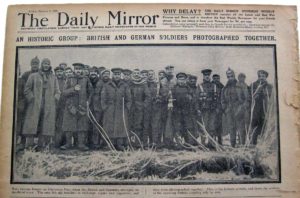
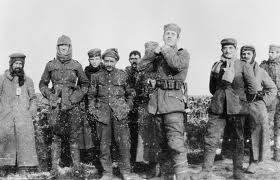
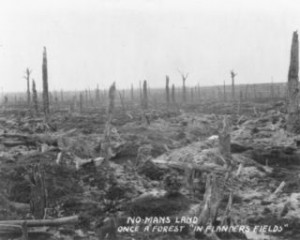
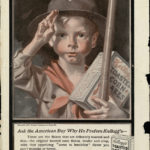
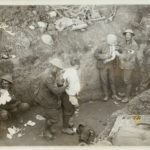
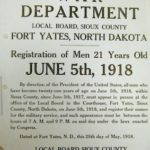
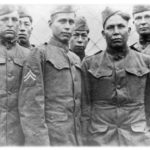
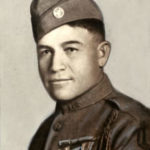
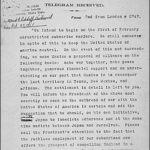
War = worker VS worker for the bourgeoisie